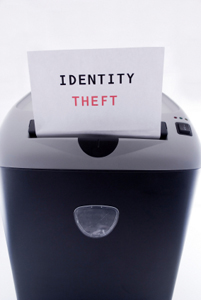 After all is said and done with holiday shopping, even if you were very careful with credit card usage, staying close to budget and being a responsible borrower, there is still a chance for errors to end up on your credit report. Some of this may be errors, or it could be fraud, and it is important to know how to report and resolve the issue. The credit and finance experts at Equifax share information about what to do when you find errors on your credit report, after the holidays or otherwise, in the new article, “
After all is said and done with holiday shopping, even if you were very careful with credit card usage, staying close to budget and being a responsible borrower, there is still a chance for errors to end up on your credit report. Some of this may be errors, or it could be fraud, and it is important to know how to report and resolve the issue. The credit and finance experts at Equifax share information about what to do when you find errors on your credit report, after the holidays or otherwise, in the new article, “
How Do I Dispute Information on My Credit Report?”
First, you want to carefully look over your credit report for all activity. If you spot something off, you need to dispute it with the credit reporting agency right away. The dispute is free of charge, and depending on the agency, you may have to call or send in the dispute by mail. Equifax offers free and easy online disputes. If you send in a dispute and it is resolved, the one credit reporting agency will notify the other two agencies of the corrected information. If you want to have the most up to date information though, in the case of needing to have a spotless report for an application for a mortgage in Atlanta or the like, you should contact each agency independently and immediately.
After you report your dispute, the credit agencies are legally required to investigate within 30 to 45 days, and before the time has elapsed, the credit agency will inform you of their findings. From there, the disputed item will either be removed or the reporting agency will explain that the findings of their investigation lead them to keep it on.
Even if the disputed item wasn’t removed, you should keep a close eye on your credit report going forward and dispute as necessary. If you are concerned about activity on your credit file (due to identity theft or potential identity theft), you may want to sign up for a credit monitoring service like the Equifax Complete plan.
For more information about protecting your credit score and more
personal finance advice, check the Equifax Finance Blog.



